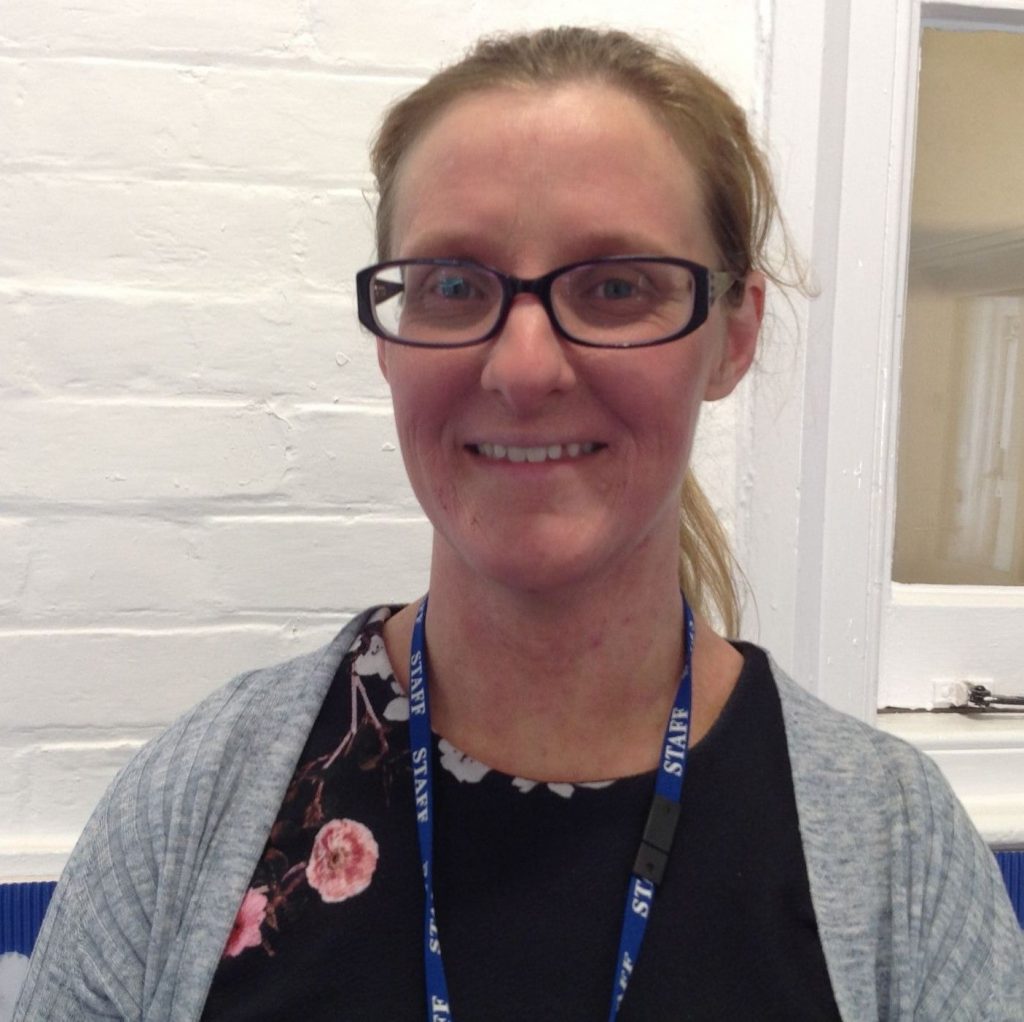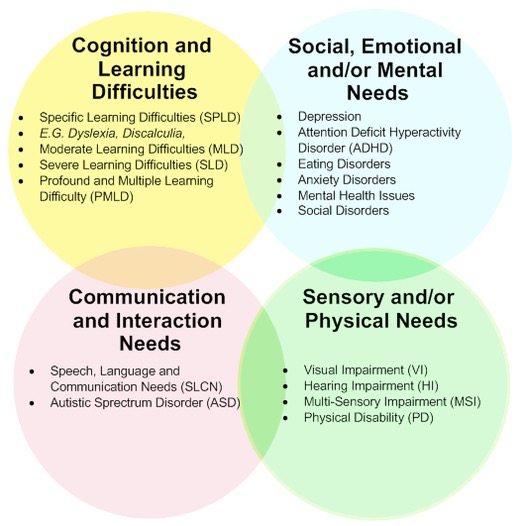We are an inclusive school. At West Row Academy, we welcome everybody. We believe that every child should be provided with the opportunity to achieve their full potential. Every child in our school has the opportunity to engage fully in school life and all children, regardless of their level of need, are given the same opportunities.
Every student at West Row Academy will follow the same curriculum, with Quality First Teaching designed to allow all learners to access it. However, some children may require extra support to allow them to achieve their potential, and this is where our special educational needs and disabilities (SEND) support is offered. SEND can affect a child or young person’s ability to learn. It can affect their:
- behaviour or ability to socialise, for example they struggle to make friends;
- reading and writing, for example because they have dyslexia;
- ability to understand things;
- concentration levels, for example because they have ADHD;
- physical ability.
Meet the Team
At West Row Academy, all of our staff are involved in the teaching and support of children with SEND, but some members of our team have specific roles relating to this area.

Miss R Buckle
Special Educational Needs and Disabilities Coordinator
Miss Buckle monitors SEND teaching, learning and assessment. She is able to meet with parents, support staff to put specific programmes or interventions in place or make referrals to other agencies to support children.
As well as coordinating our SEND support, Miss Buckle oversees our Pastoral Team.
Contact our school office on 01638 715680 to make an appointment.
Mr Barrington Haynes
Mr Haynes is the named governor with responsibility for SEND.
He regularly meets staff in school and ensures that SEND is part of the governors agenda. He provides a link between the governors and the staff team with regard to SEND.
Contact the school office on 01638 715680 to make an appointment.
Key Information
Our school building is fully accessible to children with physical disabilities via a ramp, which supports access to our additional classroom space and via wheelchair friendly door openings. The school site is on one level. There are four toilets for the disabled, located strategically within the building including the mobile classroom. Children have access to a range of computing equipment to support their physical and learning needs. We also ensure classroom equipment used is accessible to all children regardless of their needs.
Children may follow a specific intervention programme to support their learning, for example:
- Beat Dyslexia
- PiXL Therapies in reading, writing, spelling, grammar and maths
- Language link
- NESSY
- Precision Teaching
- ELKLAN
- Toe by Toe
This list is not exhaustive and the SENDCo will seek out staff training as needs arise.
A child may have been identified by their class teacher and SENDCo as needing some extra specialist support in school from a professional outside the school. This could be from Local Authority central services such as:
- County Inclusive Support Service (CISS)
- Educational Psychologists (EPs)
Other outside agencies and health professionals such as: Speech and Language Therapy Service (SALT); Occupational Therapy (OT); Physiotherapy and the School Nurse.
All additional provision is overseen by the school’s SENDCo and is designed and implemented by class teachers, supported by our teaching assistants. As with individual targets, the most important point is this: additional provision depends on the needs of the child.
For details of planning, assessment and reporting of your child’s progress, please see our SEND and Assessment Policies.
Transitions can be difficult for all children, but particularly children with SEND. We therefore have thorough procedures in place to ensure that any transition is as smooth as possible.
If your child is moving to another school, we will contact the school SENDCo and ensure they know about any special arrangements or support that need to be made for your child. We will also make sure that all records about your child are passed on as soon as possible.
When moving classes in school, information will be passed on to the new class teacher IN ADVANCE and a transition meeting will take place with the new teacher and, where relevant, the SENDCo. All Pupil Passports will be shared with the new teacher, as well as information about progress, targets and interventions that the child has received. With some children, we will also create a transition booklet in which they can collect information about their new class teacher and classroom so that they can reassure themselves at different times both at home and at school.
When children are approaching the end of Year 6, the Year 6 teacher and SENDCo will meet with relevant colleagues from your child’s next school and pass on any necessary information about their needs (giving children the opportunity to meet with them face-to-face where possible). With some children additional transition visits will be offered by their new school. We will inform you if this option becomes available.
If relevant, your child will be included in focused learning about aspects of transition to support their understanding of the changes ahead. Where possible, your child will visit their new school on several occasions and in some cases staff from the new school will visit your child here too. This offers additional support, a chance to answer questions and generally reassure children during this period of change.
Support and Contact for Parents
Your child’s class teacher is available, by appointment, to discuss your child’s progress, any concerns you may have, or to share information about what is working well at home or school. It is important that we have a positive working relationship so that similar strategies can be mirrored.
Any outside agencies who produce reports for the school following or planning contact with your child/ren should also provide you with a copy.
The SENDCo is also available to meet with you to discuss your child’s progress or any concerns / worries you may have.

There are four categories of SEND, as outlined in the SEND Code of Practice.
Your child’s needs may fall into any one of the categories, or they cross a number of the categories.
If you would like to discuss SEND in relation to your child, please contact your child’s class teacher or Miss Buckle, the Special Educational Needs Coordinator, through the school office.
Early Help
At West Row Academy, we understand that from time to time family life can have its complications.
These could be times when you need some extra help or support. To find out more about what we could be able to offer, follow this link: our Early Help offer.

